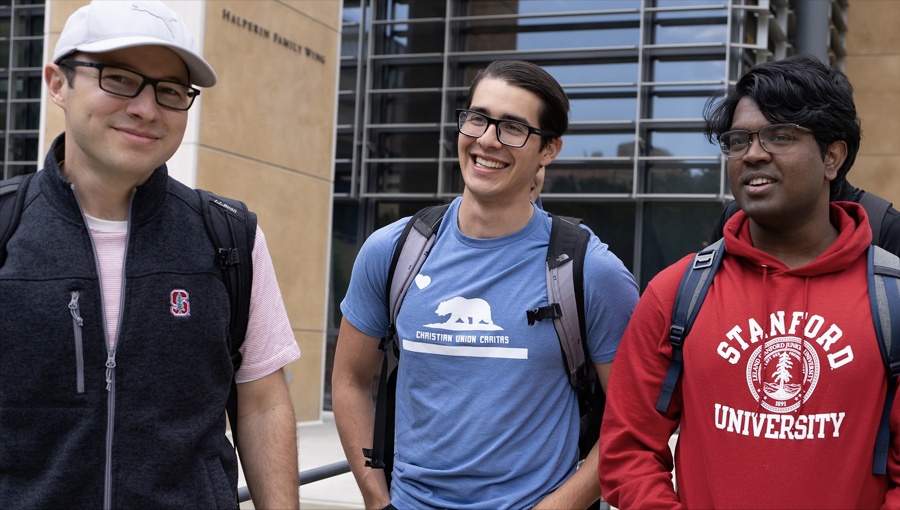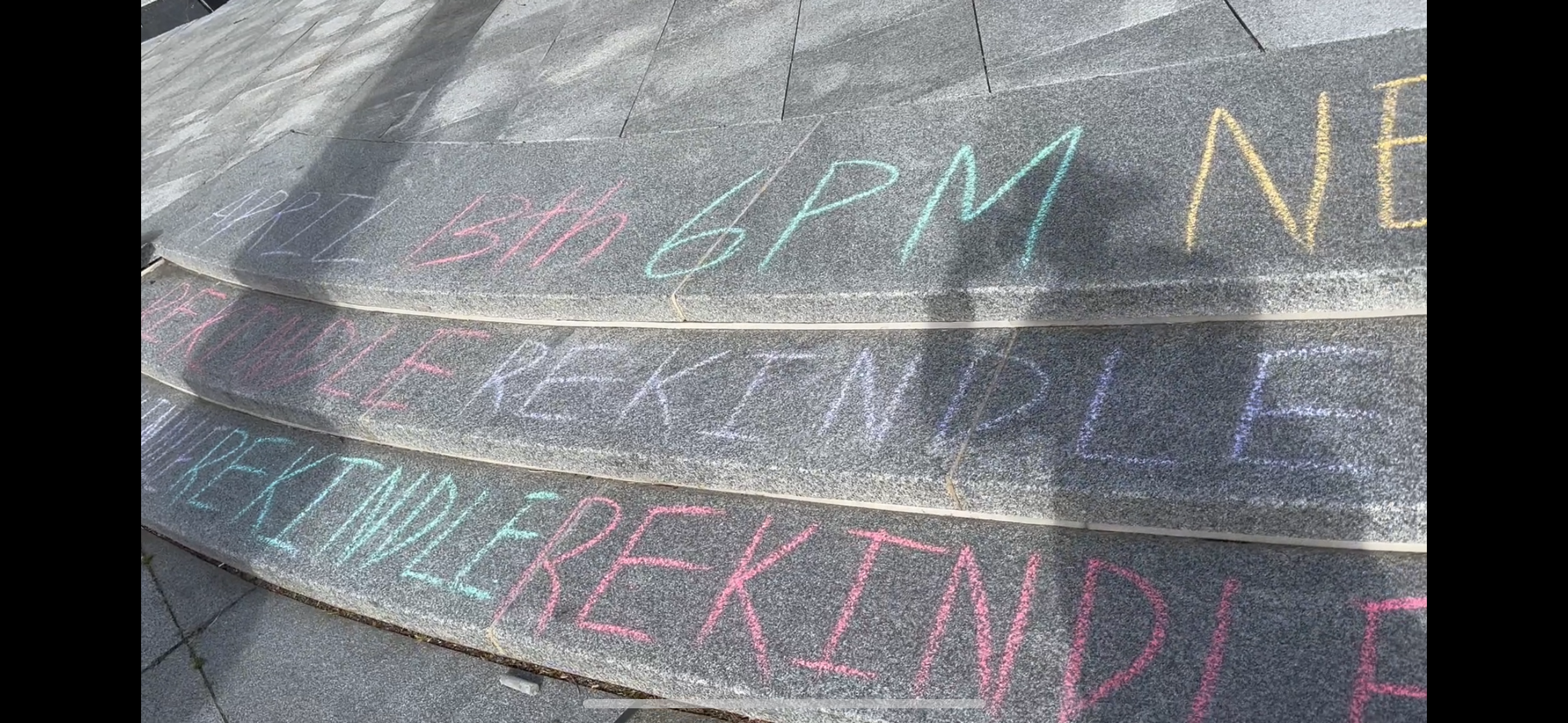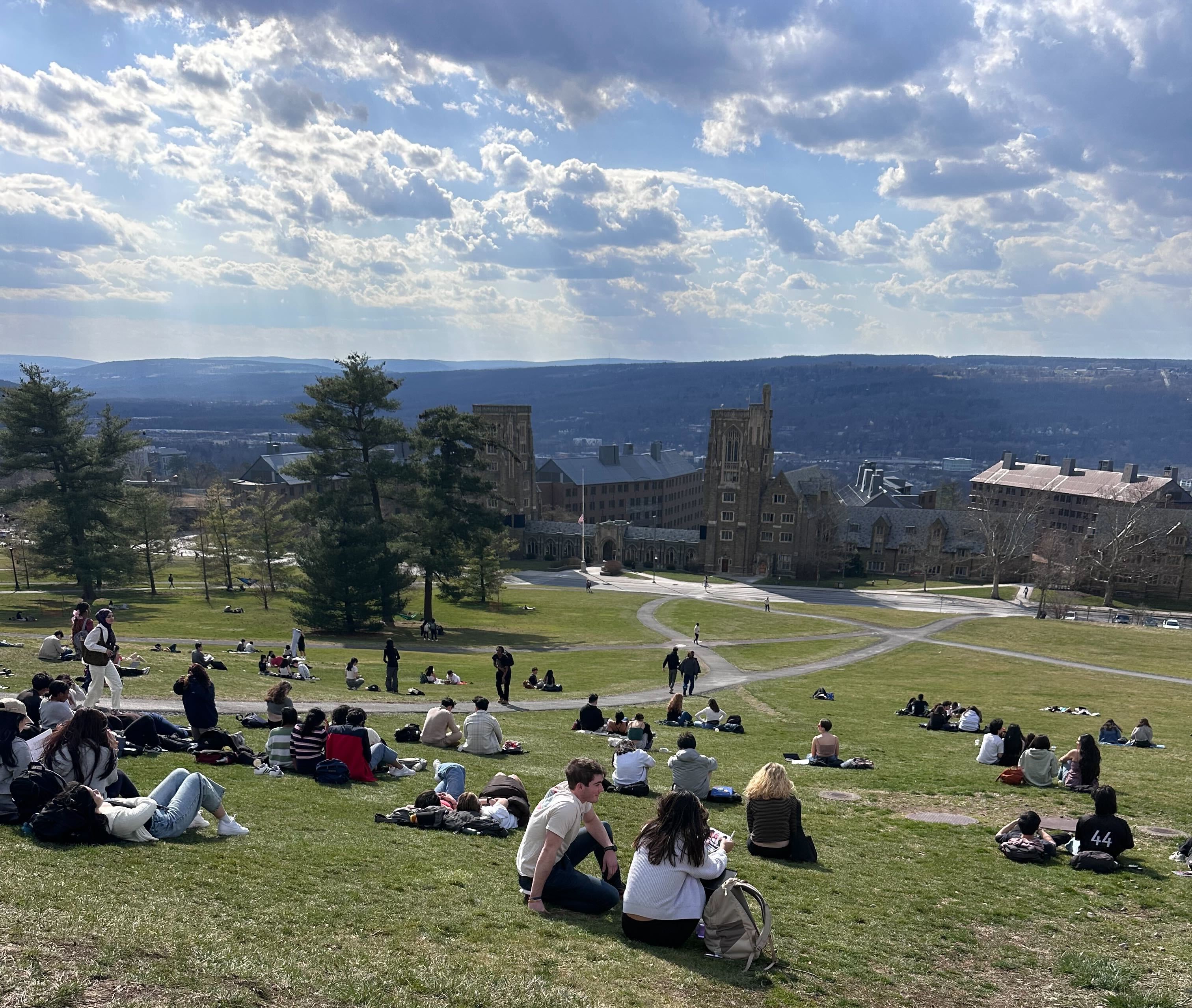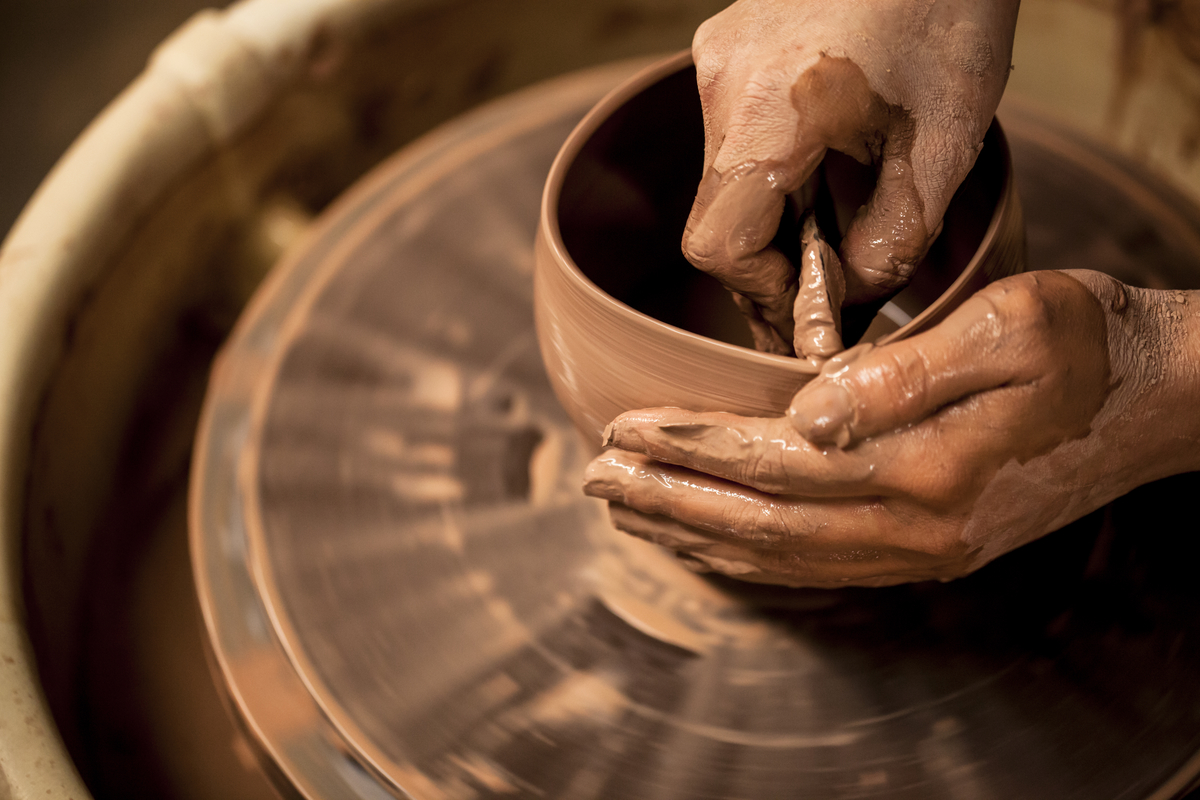Christ, Culture and Clapham: A Discussion of Cobelligerency and Creativity to Seek the Common Good
On September 25, 2018, Christian Union hosted its first DC salon, an evening with Mark Rodgers on the theory of social change pursued by William Wilberforce and Hannah More in their efforts to "reform the manners" of late eighteenth-century England.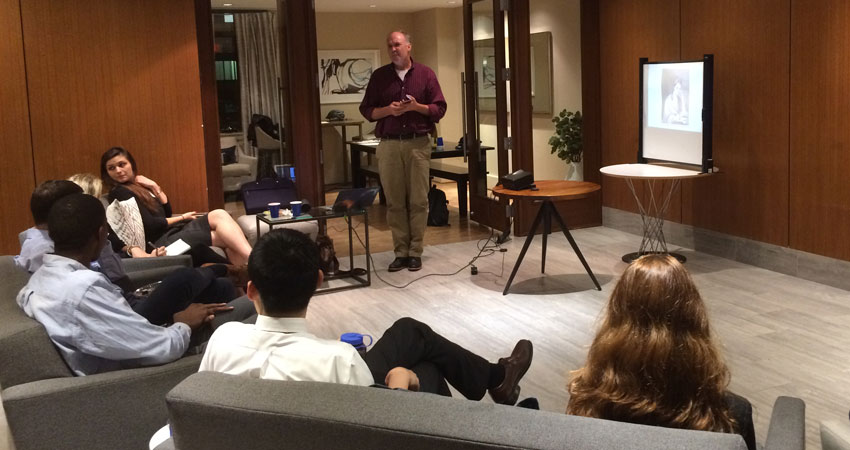
Rodgers is Principal of a company known as the The Clapham Group, which is inspired by the original Clapham Sect, a group made up of Wilberforce, More and like-minded friends. Rodgers discussed how the approach of the original Clapham Sect impacts his work today, and how we ought to engage society should we wish to achieve similar results.
Many of the young professionals present at the event, including graduates from schools where Christian Union operates, had shown up excited to discuss Wilberforce and his work to abolish the slave trade. After briefly touching on some of Wilberforce’s accomplishments, Rodgers made Hannah More—playwright, philanthropist, and close friend of Wilberforce—the focus of his discussion. While Wilberforce spent his days (and many nights) debating in the Houses of Parliament and campaigning on the streets, More was busy writing tracts, short stories and plays, in her attempt to “make goodness fashionable.”
While Wilberforce mainly targeted the upper middle classes, More’s realm of influence was in the highest echelons of society. This was not only because she inhabited this realm herself, but because she believed it was only through reform in the upper classes that the nation could be changed. In 1809, More published a book entitled Thoughts on the Importance of the Manners of the Great to General Society, in which she set out a theory of social change based on the importance of change led from the top. “Reformation must begin with the Great [those with the most influence in society],” she wrote, “or it will never be effectual.”
Rodgers exhibits this same understanding in his own work, though he adds that, in our postmodern age, it is truly the leaders in the American creative/artistic class that lead the way in defining and shaping culture. For Rodgers, these are today’s "Great" among whom he seeks to make goodness fashionable. Some of his most impactful projects include work with the Global Citizen Concert, documentary series such as Clarkston, and the promotion of religious freedom through clients such as CollegeBoard.
{tweetme}The young professionals in attendance left with the importance of these three C’s in their minds: Cobelligerency (working with people you may typically disagree with on things you can agree on), Culture (rather than policy alone), and Community.{/tweetme} All of the fruit that Rodgers has seen has come out of community and relationships, and he believes this is how the Spirit works best. “Relational capital will bear the greatest fruit,” he told the group as he emphasised the need for intentional community. And in a group comparable to the Clapham Sect in both size and potential, this was not meant nor taken as a mere platitude.
Please pray for Rodgers and The Clapham Group as they engage society through the creative arts, and pray for our young professionals in Washington, DC, that their love for one another may grow and flourish; that their community may grow intentionally in depth and influence; and that Christ may be made known in their city through their love for one another and their engagement with culture on all fronts.
Get Involved
If you have questions or would like to get involved, please email us at: CUDC@ChristianUnion.org.




